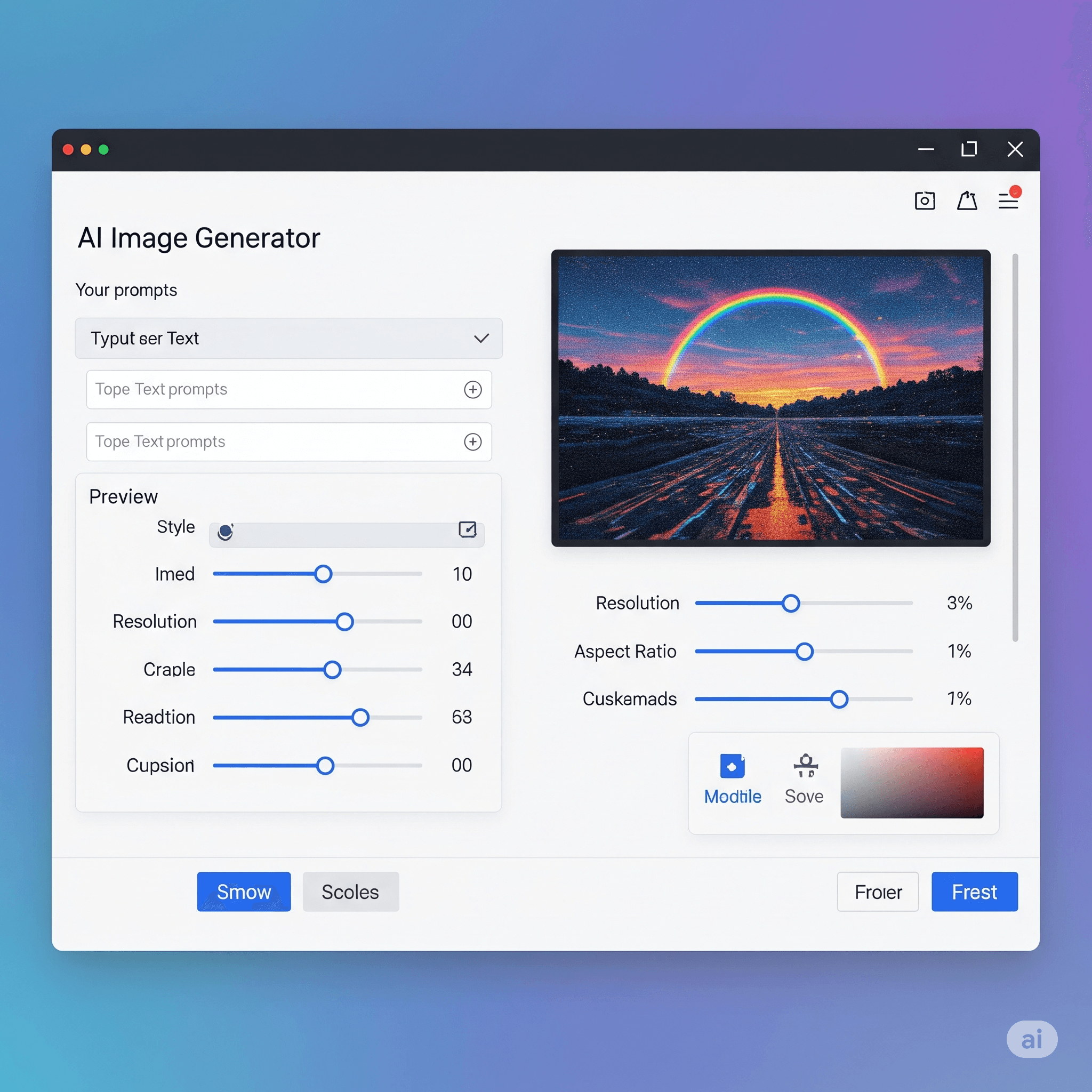Question: A router is an example of a _______ in SNMP
Answer:
In the SNMP architecture, the SNMP agent is the software component or module that resides on the network device, such as a router. The agent collects and stores information about the device's status, performance, and configuration. It serves as an intermediary between the SNMP manager (the centralized control and monitoring system) and the network device.
The SNMP agent on the router listens for requests from the SNMP manager and responds accordingly. It provides the requested information, such as interface statistics, routing table data, or device-specific parameters. The agent may also send SNMP traps or notifications to the manager to report specific events or conditions on the router.
The SNMP manager, on the other hand, can be considered a server in the client-server model. It initiates communication with the SNMP agent (router) by sending requests and expects responses containing the desired information.
To summarize, in the context of SNMP, a router is typically referred to as an SNMP agent, while the SNMP manager is considered the server. The SNMP agent provides data and responds to requests from the manager, enabling centralized network management and monitoring.
MCQ: A router is an example of a _______ in SNMP
Explanation:
In the SNMP architecture, the SNMP agent is the software component or module that resides on the network device, such as a router. The agent collects and stores information about the device's status, performance, and configuration. It serves as an intermediary between the SNMP manager (the centralized control and monitoring system) and the network device.
The SNMP agent on the router listens for requests from the SNMP manager and responds accordingly. It provides the requested information, such as interface statistics, routing table data, or device-specific parameters. The agent may also send SNMP traps or notifications to the manager to report specific events or conditions on the router.
The SNMP manager, on the other hand, can be considered a server in the client-server model. It initiates communication with the SNMP agent (router) by sending requests and expects responses containing the desired information.
To summarize, in the context of SNMP, a router is typically referred to as an SNMP agent, while the SNMP manager is considered the server. The SNMP agent provides data and responds to requests from the manager, enabling centralized network management and monitoring.
Discuss a Question
Related Questions
- 1. Management in the Internet is achieved through _______ components.
- 2. What is The Structure of Management Information (SMI)?
- 3. <div class="group w-full text-gray-800 dark:text-gray-100 border-b border-black/10 dark:border-gray-900/50 dark:bg-gray-800"> <div class="flex p-4 gap-4 text-base md:gap-6 md:max-w-2xl lg:max-w-[38rem] xl:max-w-3xl md:py-6 lg:px-0 m-auto"> <div class="relative flex w-[calc(100%-50px)] flex-col gap-1 md:gap-3 lg:w-[calc(100%-115px)]"> <div class="flex flex-grow flex-col gap-3"> <div class="min-h-[20px] flex flex-col items-start gap-4 whitespace-pre-wrap break-words"> <div>What is MIB in Data Communication?</div> </div> </div> </div> </div> </div> <div class="group w-full text-gray-800 dark:text-gray-100 border-b border-black/10 dark:border-gray-900/50 bg-gray-50 dark:bg-[#444654]"> <div class="flex p-4 gap-4 text-base md:gap-6 md:max-w-2xl lg:max-w-[38rem] xl:max-w-3xl md:py-6 lg:px-0 m-auto"> <div class="flex-shrink-0 flex flex-col relative items-end"> <div class="w-[30px]"> <div class="relative p-1 rounded-sm h-[30px] w-[30px] text-white flex items-center justify-center"></div> </div> </div> </div> </div>
- 4. The management component in the Internet that sends messages is called _______
- 5. A search engine is a program to search
- 6. HTML stands for
- 7. The second section of a request message in HTTP is the__________
- 8. The third section of a request message in HTTP is the__________
- 9. An URL is normally made of _______ parts
- 10. In the URL HTTP://xxxx:yyyy/zzzz, the method is _________.
You may be interested in:
Web Fundamental MCQs






